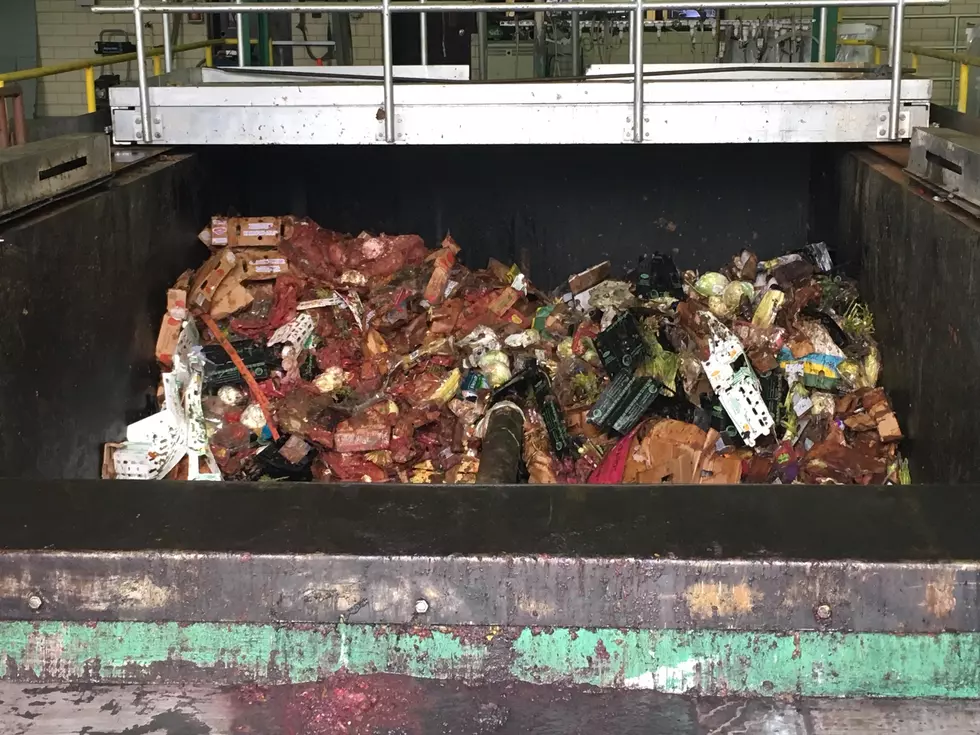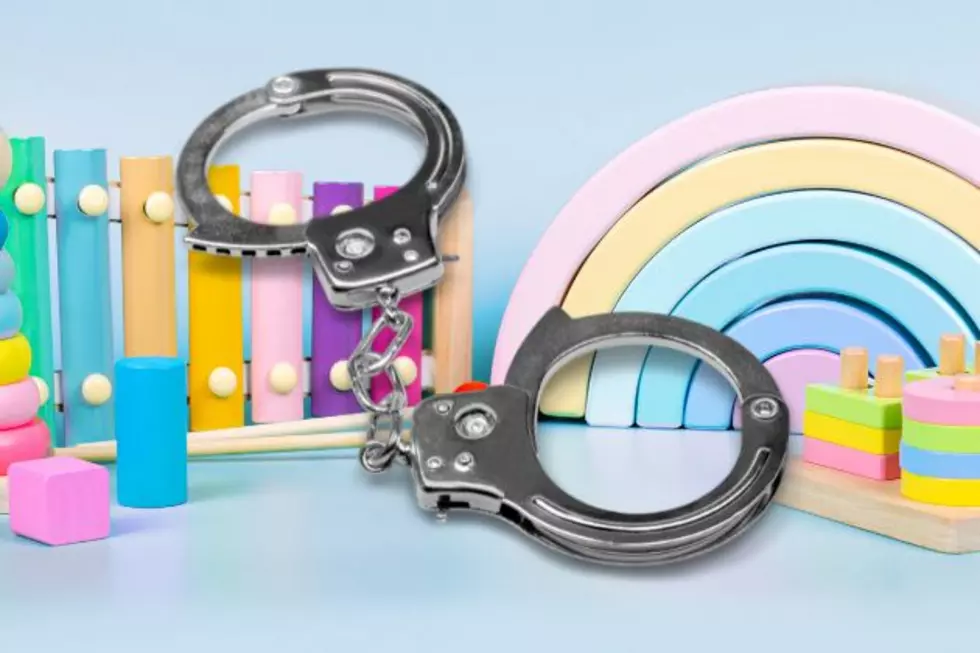
Trenton facility turning our wasted food into renewable energy
TRENTON — One man’s rotten produce is another’s source of electricity.
Bracing for more activity as businesses reopen from their coronavirus limitations, and as the Garden State moves closer to rolling out a law aimed at making the most of unwanted or expired food, a facility along the Delaware River is turning truckloads of food waste into renewable biogas, compost and fertilizer — and managing to also separate and recycle any materials the waste may be packed in.
Trenton Renewables, New Jersey’s only facility that takes on both food waste recycling and Class I renewable energy, is said to have the annual capacity to save 110,000 tons of organic material that would otherwise be trapped in a landfill or incinerated.
“That’s 400 tons per day that is not producing greenhouse gases that are going into the environment. That’s 400 tons per day of food that’s producing electricity that can power some 4,000 homes,” said Brian Blair, general manager of the facility that began operations in November.
Facility leadership ran a tour of the plant on Thursday, in part to shine light on food-waste legislation that will take effect next year.
A bill signed into law in April by Gov. Phil Murphy will require, come October 2021, businesses that produce more than 52 tons of food waste per year — hospitals, colleges and grocery stores, for example — to separate that waste from its other trash and send it to a qualified recycling facility, if there’s one within 25 road miles.
According to Blair, there’s enough food wasted in New Jersey to support three facilities just like Trenton Renewables.
“There’s a lot of ground to cover in this state. There’s 9 million people, all generating food waste,” he said. “I think the food-waste law is a mechanism to promote growth in this industry. It’s an indication of opportunity to put more facilities in.”
Joseph Fiordaliso, president of the New Jersey Board of Public Utilities, said the facility’s anaerobic digestion process “is an important part of New Jersey’s portfolio to reach Governor Murphy’s goal of 100% clean energy by 2050.”
“We waste 30 to 40% of our food — that’s mind-boggling,” Fiordaliso said. “So if we continue to waste it, let’s put it to some good use. And that good use is creating clean energy.”
MUST SEE: Trenton facility turns food waste into energy
Contact reporter Dino Flammia at dino.flammia@townsquaremedia.com.
More From New Jersey 101.5 FM









